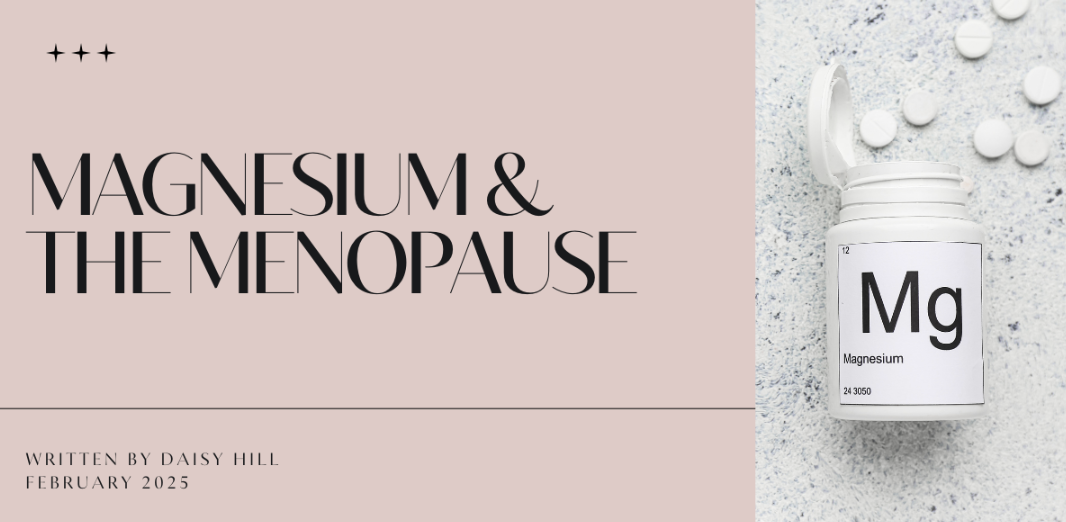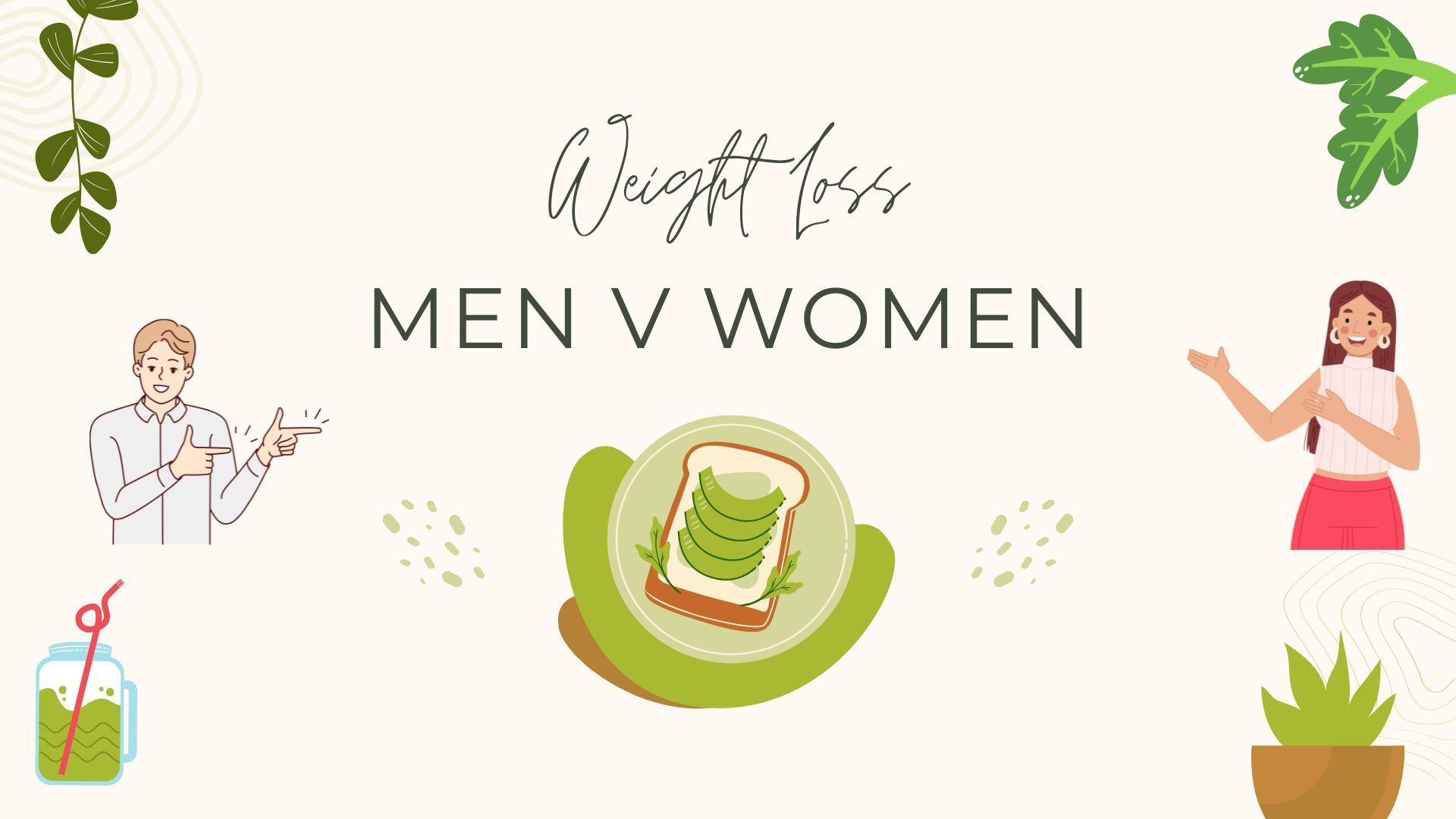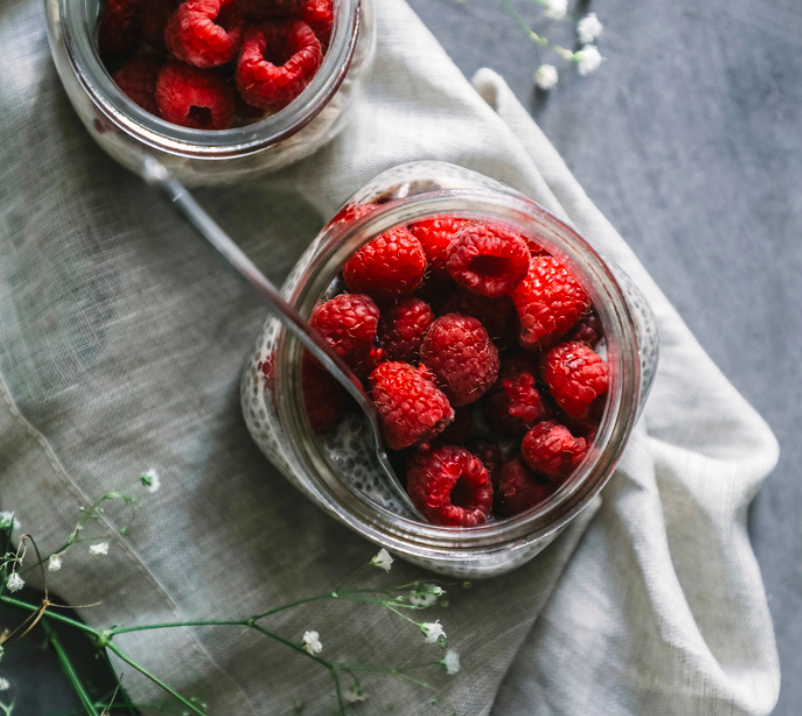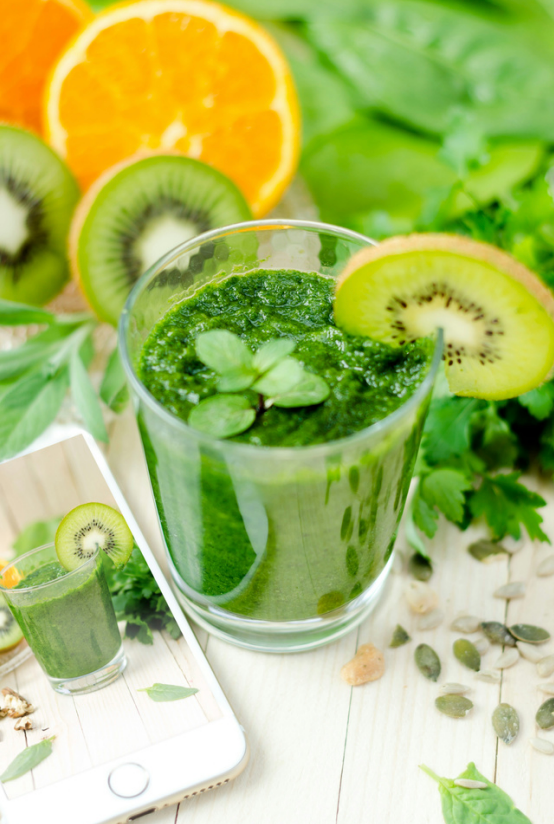Decembers 2024 Newsletter
You probably already know that stress is not a good thing for your body and soul. Perhaps you have even had suggested to you that you should work on a stress action plan to reduce it. In theory, destressing should be as simple as breathing out, but in practice – and especially when life gets hectic - it often feels like another task on an endless to-do list. The key is in making it
simple and enjoyable. Here are 7 lovely ideas you can weave into your daily routine. And the best part? They're all activities you'll genuinely want to indulge in.
1) Gratitude
One of the most powerful emotions you can tap into is gratitude. By taking a few minutes each day to jot down what you're thankful for, you shift your focus from what you lack to what you have. This simple act can rewire your brain to focus on positives, reducing anxiety and building resilience against stress.
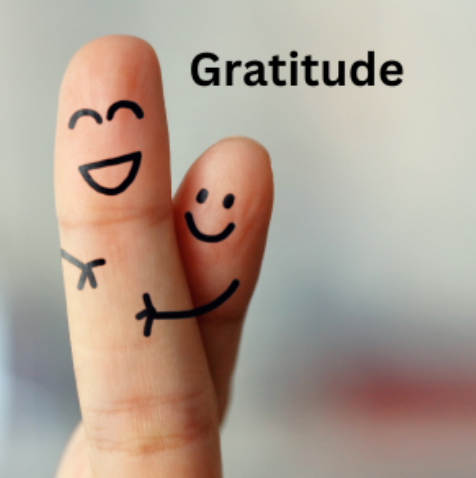
2) Meditation
Often, stress stems from feeling overwhelmed by your thoughts and worries. Enter meditation – a practice that teaches you to be in the moment. Even just 5 minutes daily can help calm your mind and create a buffer against life's daily stresses. And don't worry if you're new to this; there are numerous guided meditation apps and websites to help you get started.
3) Singing
Whether you're a West End star or someone who saves their tunes for the shower, singing is a fantastic stress buster. The act of singing releases endorphins, your body's natural feel-good chemicals. Plus, focusing on
lyrics and melody can provide a mental break from our worries. Consider joining a pop choir locally if you fancy making new friends.

4) Laughing
It's not just a saying; laughter truly is the best medicine. Watching a funny video, sharing a joke, or even just smiling more can trigger a release of endorphins. Moreover,
laughter relaxes the whole body, relieving tension and stress for up to 45 minutes afterwards.
5) Nature Walks
Stepping out into nature, even if it's just a stroll in a local park, can be incredibly grounding. Fresh air, the sound of birds, and the feel of the sun on your skin all contribute to a lowered stress response. Mother Nature truly is a wonderful healer.
6) Deep Breathing
This might sound simple, but how often do you take intentional deep breaths during our day? By pausing and inhaling deeply, holding for a moment, and then exhaling slowly, you can activate your body's relaxation response. It's a quick and effective way to keep stress at bay.
7) Get Hugs & Cuddles
Oxytocin, often dubbed the "love hormone”, is released through touch, like hugging or even holding hands. This hormone plays a pivotal role in mother-to-baby bonding but also has the fantastic ability to reduce stress and even lower
blood pressure. So, next time you're feeling overwhelmed, consider reaching out – quite literally – to a loved one for a comforting embrace. If you have pets, it’s good to know that
petting them also releases this feel-good hormone.

So, instead of feeling the drag of yet another thing to add to your already-full schedule, consider that any one or a combination of these ideas are gorgeous ways to pass time as well as fulfilling an important function. As a side note, no one expects you to do all of these. Remember, it's the small, consistent changes that often make the most significant impact.
Wishing you all a stress-free Christmas!

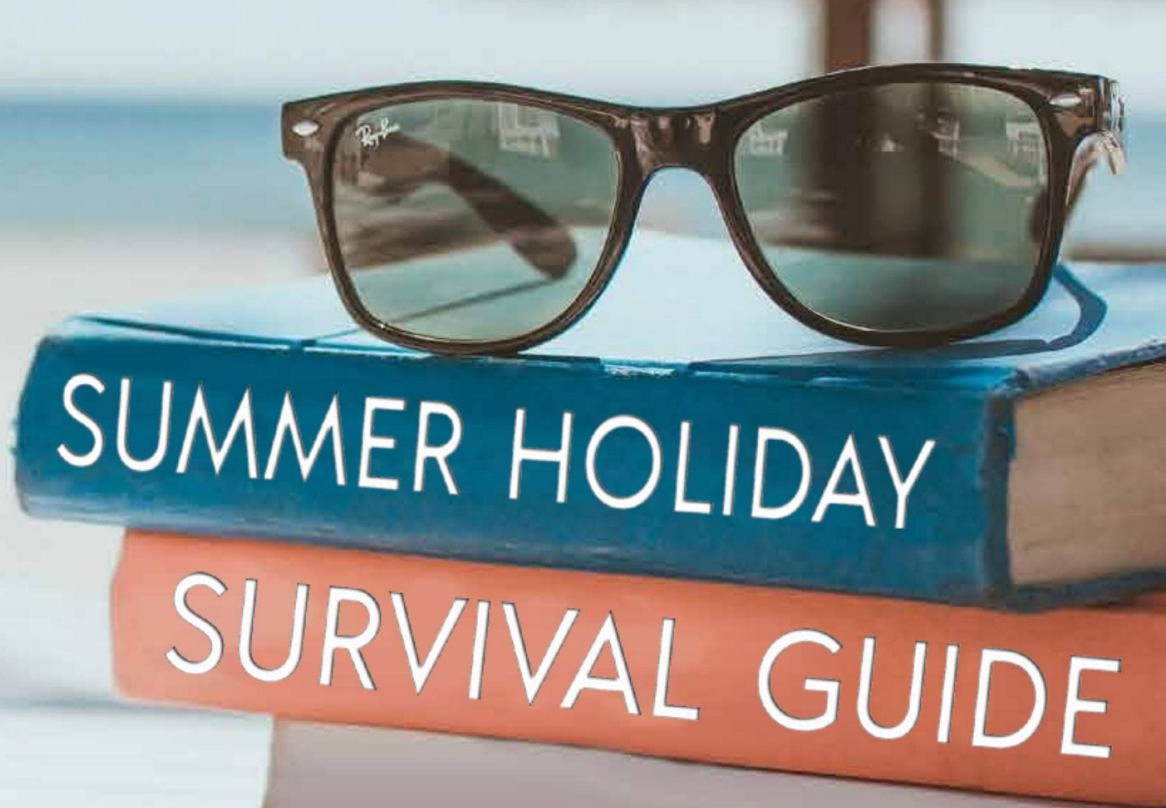

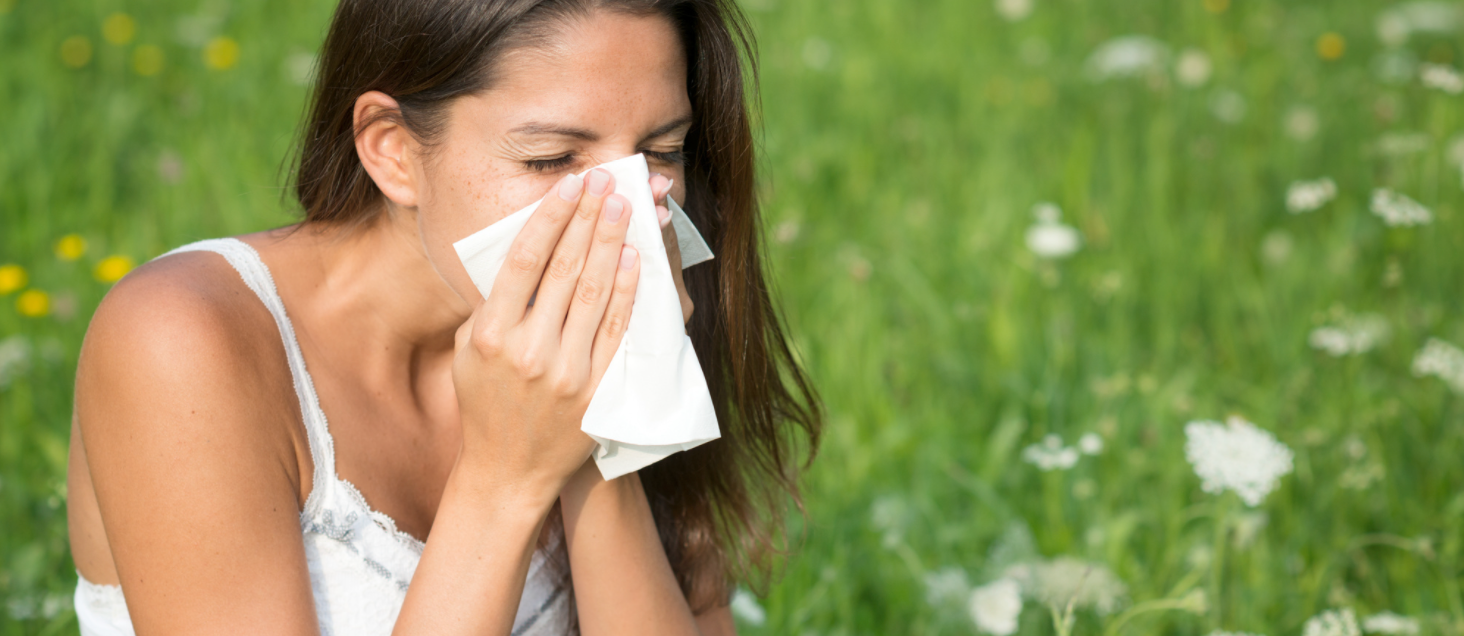
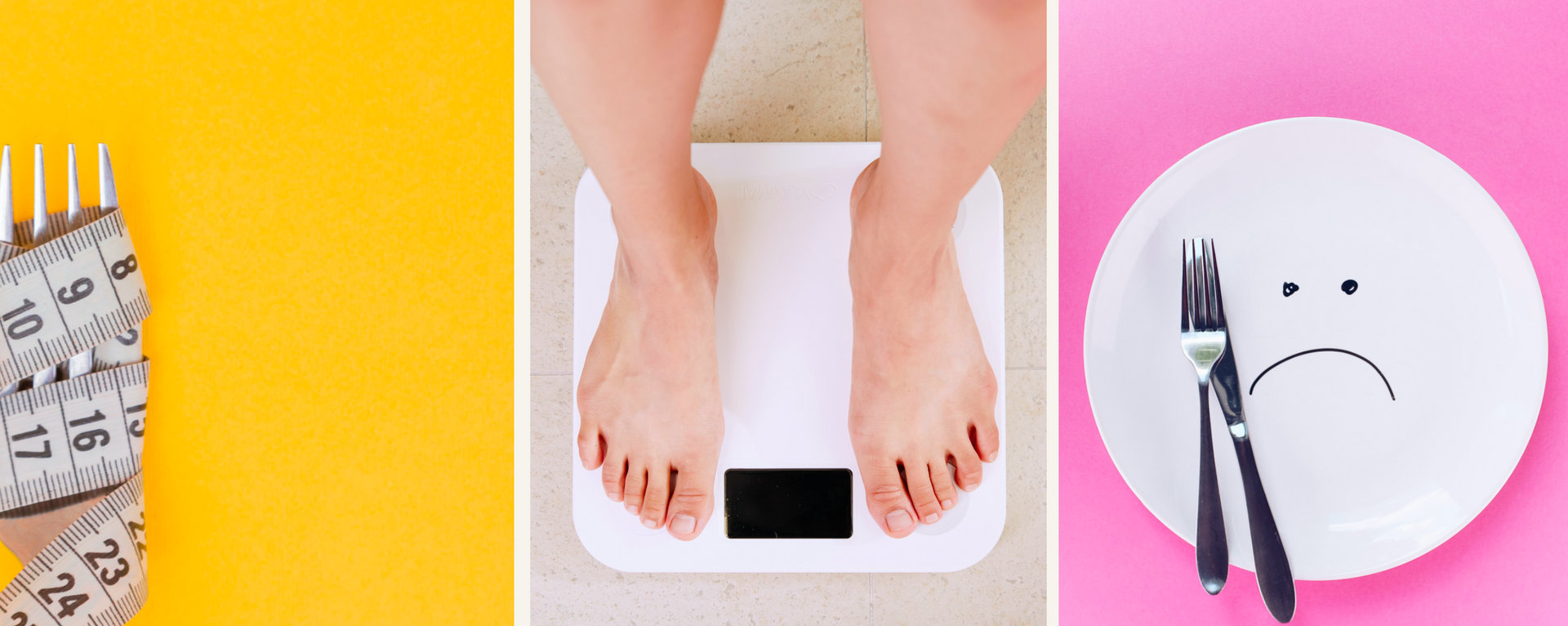

Useful Links
Useful Links
All Rights Reserved | The Oxford Clinic for Nutrition


